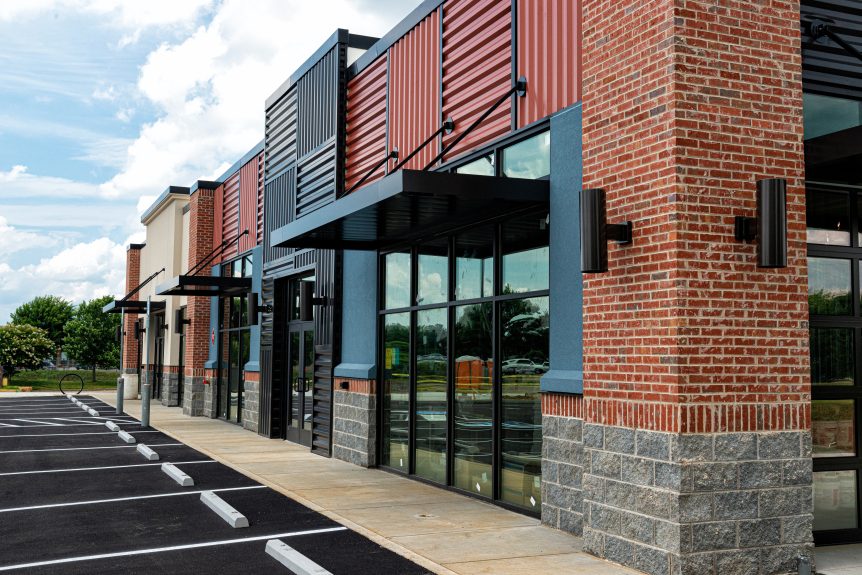As you may know, the commercial real estate industry is undergoing a major shift. The rise of technology and the internet has made it possible for people to work remotely from anywhere in the world. This has created new opportunities for companies and investors alike, but it also poses some challenges that need to be addressed before we can fully embrace this new way of working.
The Impact of Remote Work
Remote employees have different needs than their co-located counterparts when it comes to office space and amenities; they often require more space than traditional office buildings can offer while also requiring amenities that are specific to their lifestyle (think gyms, yoga studios and other fitness options).
This shift in demand has led developers and investors alike to reevaluate how they approach development projects going forward: Will these new tenants be willing to pay higher rents? How many square feet should be dedicated specifically towards non-work related activities such as food service? How do you attract them without sacrificing other tenants’ needs?
These questions aren’t easy answers but there are steps being taken by developers across the country as they look at ways they can accommodate these changing demands while still making money off their investments.
Strategies for Success
As you look to expand your commercial real estate investment portfolio, it’s important to consider how remote work can impact your strategies. Here are some tips for maximizing returns while mitigating risk:
- Diversify your portfolio. It’s not enough just to invest in one type of property or location; you need to spread out your investments so that no single asset represents more than 10% of your total holdings. This will help protect against large losses if any one investment goes sour and gives you the opportunity for better returns on other properties if things go well with one or two of them (or vice versa).
- Consider the long-term effects of remote work when evaluating properties. If you’re buying a property that has tenants who telecommute or plan to do so in the future, make sure they have enough space for everyone’s needs–and consider whether there’s room for expansion if necessary.
- Look at potential tenants’ demographics before choosing them as tenants (or partners). If many members of your target audience are likely to use remote work options in the future, this may affect where you choose to invest your money now so that it will be more profitable later when those people move into town or start working from home full time.
Conclusion
To summarize, the impact of remote work on commercial real estate investments is significant. It can be a positive force for investors who are willing to adapt their strategies and practices accordingly.

